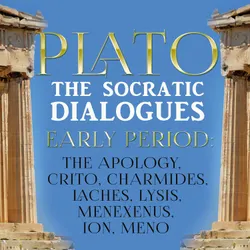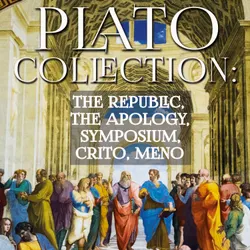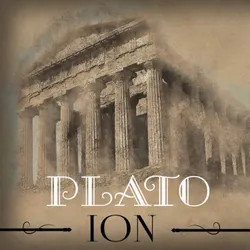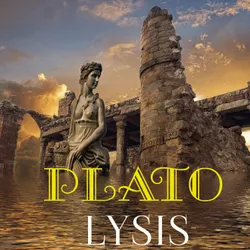The Charmides is a dialogue of Plato, in which Socrates engages a handsome and popular boy named Charmides in a conversation about the meaning of sophrosyne, a Greek word usually translated into English as "temperance," "self-control," or "restraint." When the boy is unable to satisfy him with an answer, he next turns to the boy's mentor Critias. In the dialogue, Charmides and then later Critias champion that Temperance is "doing one's own work" but Socrates derides this as vague. The definition given next of "knowing oneself" seems promising but the question is then raised if something can even have the knowledge of itself as a base. As is typical with Platonic early dialogues, the two never arrive at a completely satisfactory definition, but the discussion nevertheless raises many important points.

Plato: The Complete Works (31 Books) : Timeless Philosophical Masterpieces
Plato, Redhouse
book
Plato: The Complete Works (31 Books) : The Definitive Collection of Philosophy's Greatest Dialogues
Plato, Classics for all
book
Plato: The Complete Works (31 Books) : The Definitive Collection of Philosophical Classics
Plato, Moon Classics
book
Alcibiades 1
Plato
audiobook
10 Masterpieces You Have To Listen To Before You Die: Vol. 1
Lewis Carroll, Joseph Conrad, Miguel de Cervantes, F. Scott Fitzgerald, Edgar Allan Poe, Franz Kafka, Jack London, Sun Tzu, H.G. Wells, Plato
audiobook
Apologie de Socrate
Plato
audiobook
The Socratic Dialogues. Early Period : The Apology, Crito, Charmides, Laches, Lysis, Menexenus, Ion, Meno
Plato
audiobook
Plato Collection : The Republic, The Apology, Symposium, Crito, Meno
Plato
audiobook
Charmides, or Temperance
Plato
audiobook
Laches
Plato
audiobookbook
Ion
Plato
audiobookbook
Lysis
Plato
audiobookbook
